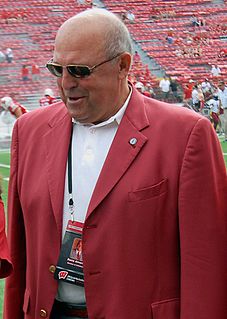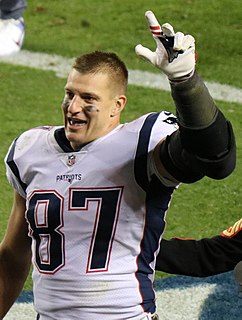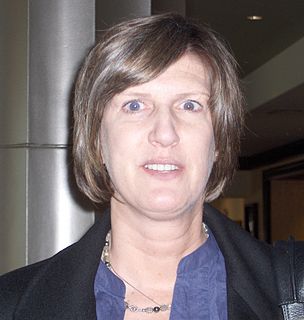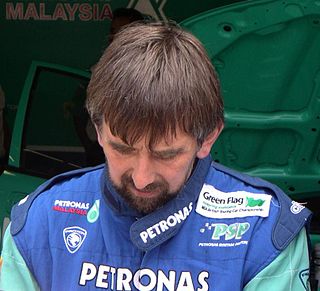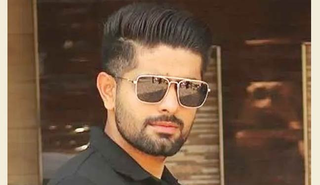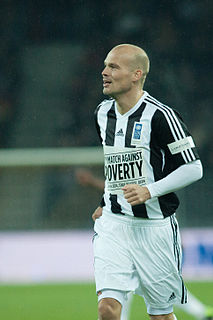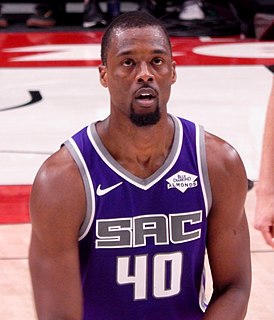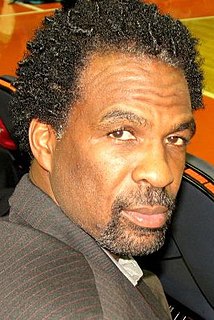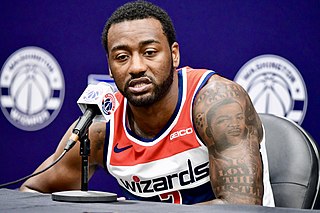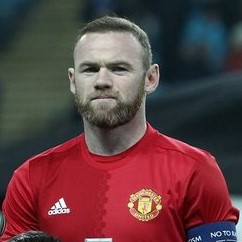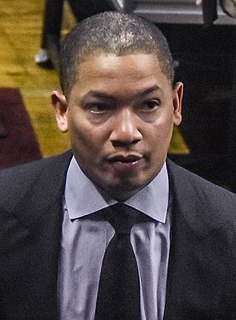A Quote by Barry Alvarez
Everybody has a role on the team, and some have a role as a scout team player. They have to emulate the offenses that we are going to face. Those players still have to go through the out-of-season work and they work hard.
Related Quotes
We go out to practice every single day and we have fun out there, but at the same time, we're getting work done. We're going hard. If it's reps for the scout team, we're giving them good reps. If we're getting reps for the first team as a tight end group as a whole, we try and go out there and put our best out there as a group effort.
A lot of times, professional athletes say, 'I'm not a role model; I'm an athlete.' I don't mind being a role model because I know what I've done in order to make it to where I am right now. It's a lot of hard work; it's a tremendous amount of hard work. But in order to be make it to a certain level, everybody knows it's going to take time.
